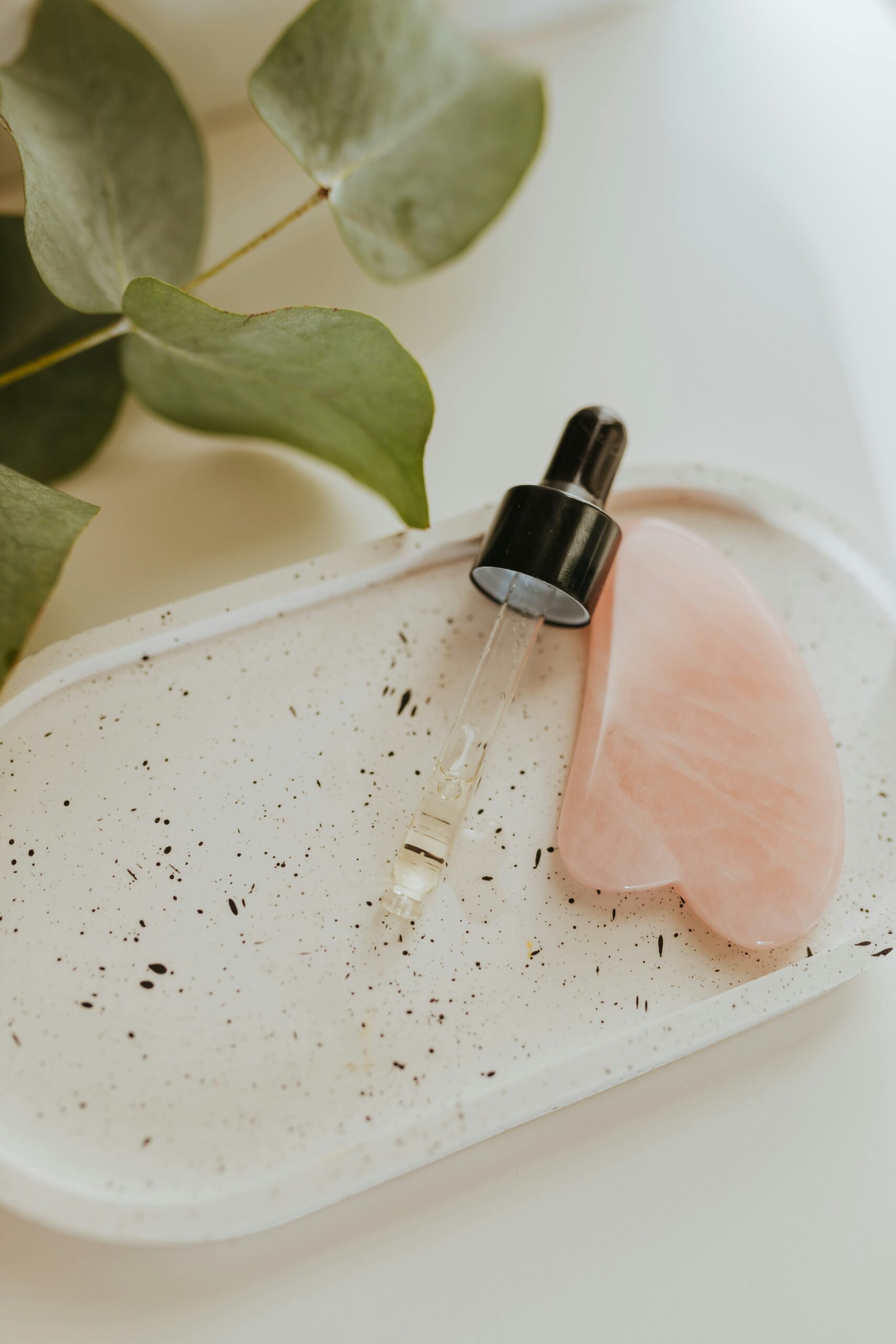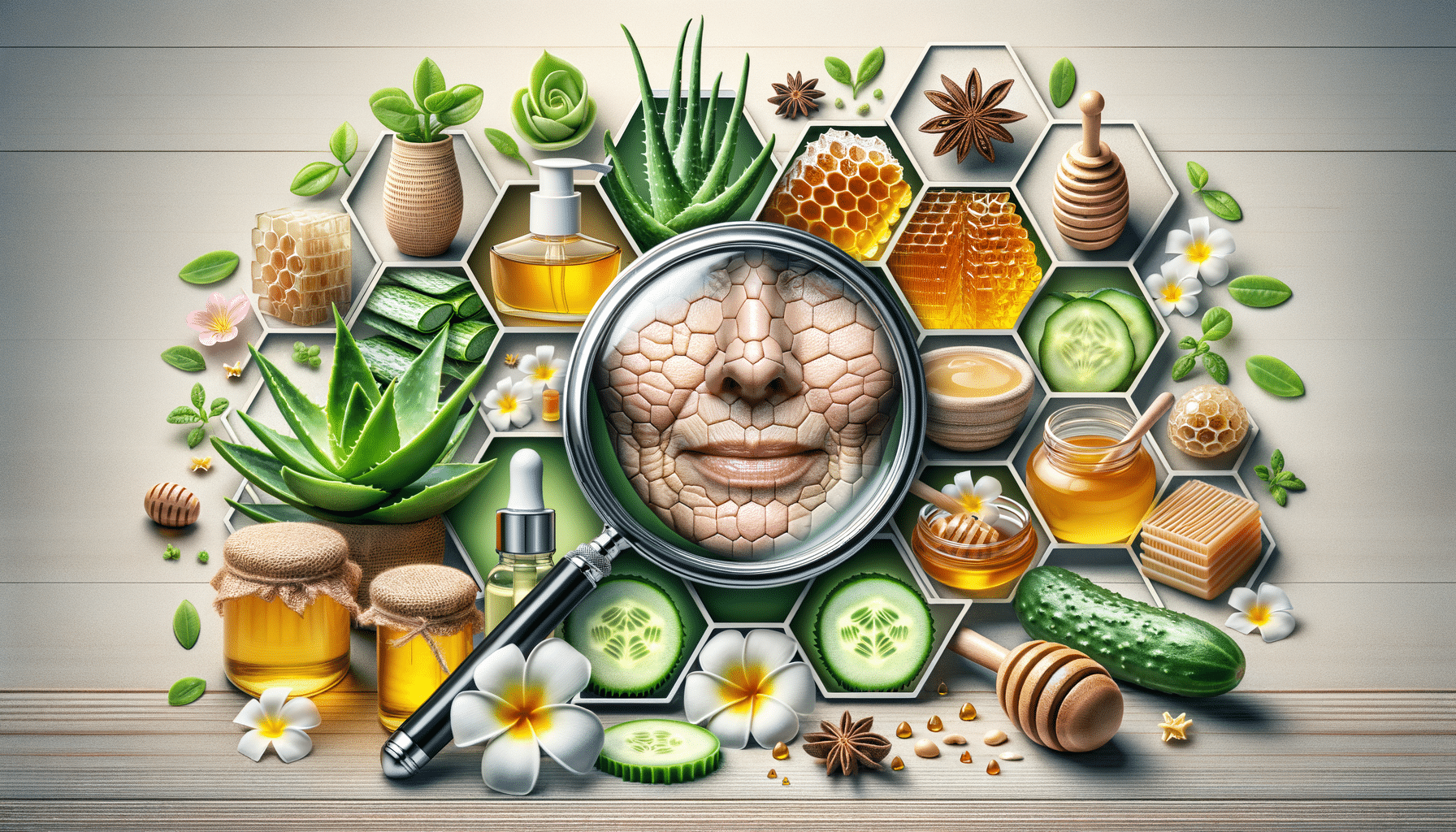
Understanding Ingredients: Cleaner Beauty for a Healthier You
Our skin is the largest organ of our body, and what we apply to it matters significantly. With the rising awareness of sustainability and health, the beauty industry is seeing a shift towards cleaner, more conscious ingredient lists. But what exactly does ‘cleaner beauty’ entail, and how can understanding ingredients lead to a healthier you?
As you navigate the world of sustainable beauty, understanding the components of your skincare and cosmetic products can be both empowering and daunting. Here’s a closer look at what cleaner beauty means and how it can benefit your health and the planet.
The Shift Towards Cleaner Beauty
The demand for transparency in beauty product formulations is growing. Consumers are no longer content with cryptic labels; they want to know what they’re putting on their skin. According to a survey by Statista, 60% of consumers prefer products with natural and organic ingredients. This trend indicates a shift towards cleaner beauty, which prioritizes safe, non-toxic ingredients.
Understanding Ingredients: The Good and the Bad
Reading labels can be overwhelming. Here are some common terms to understand:
- Parabens: Used as preservatives, these can disrupt hormone function.
- Sulfates: Found in cleansers and shampoos, they can strip natural oils from the skin and hair.
- Phthalates: Often found in fragrances, they may affect reproductive health.
- Essential Oils: Natural and aromatic, they can provide benefits such as calming effects or antiseptic properties.
Switching to products with fewer synthetic additives can reduce your exposure to potentially harmful chemicals.
Expert Opinions
Dr. Lisa Robinson, a dermatologist specializing in skin health, suggests, “Opting for products with a shorter ingredient list can often mean fewer irritants.” This aligns with the ethos of cleaner beauty, where simplicity is key.
Research Findings
A study published in the Journal of Cleaner Production found that sustainable beauty products are less likely to include harmful chemicals, reducing the ecological footprint of beauty routines.
Personal Experience
Consider the story of Evelyn, who switched to cleaner beauty products a year ago. “My skin feels more hydrated and less irritated,” she notes, reflecting the benefits many users experience.
Actionable Tips for a Cleaner Beauty Routine
- Read Labels: Familiarize yourself with ingredients and their effects.
- Choose Certified Products: Look for certifications like ‘organic’ or ‘eco-friendly’.
- Patch Test: Always test new products on a small skin area to prevent reactions.
- Limit Fragrances: Opt for fragrance-free to reduce potential irritants.
| Ingredient | Use | Effect | Alternative |
|---|---|---|---|
| Parabens | Preservative | Hormone disruption | Vitamin E |
| Sulfates | Foaming agent | Skin irritation | Coconut oil |
| Phthalates | Fragrance | Reproductive issues | Essential oils |
| Silicones | Smooth texture | Clogged pores | Aloe vera |
| Formaledehyde | Preservative | Allergic reactions | Potassium sorbate |
| Triclosan | Antibacterial | Antibiotic resistance | Tea tree oil |
| Mica | Shimmer effect | Environmental impact | Rice powder |
| Artificial dyes | Color | Allergies | Fruit pigments |
When switching to cleaner beauty, transition gradually to allow your skin to adjust and avoid overwhelming your routine with too many changes at once.
FAQ
Are all natural ingredients safe for the skin?
While natural ingredients generally have a good reputation, some can still cause irritation or allergic reactions. It’s important to patch test and monitor how your skin responds.
How can I ensure my products are cruelty-free?
Look for certifications from recognized organizations like Leaping Bunny or PETA, which indicate that products are not tested on animals.
Incorporating cleaner beauty products into your routine is a worthwhile endeavor that can lead to healthier skin and a more sustainable lifestyle. By staying informed and making conscious choices, you contribute not only to your well-being but also to the health of our planet. So, next time you’re shopping for beauty products, consider reading the labels more closely and choosing options that align with your values. Your skin and the earth will thank you.


